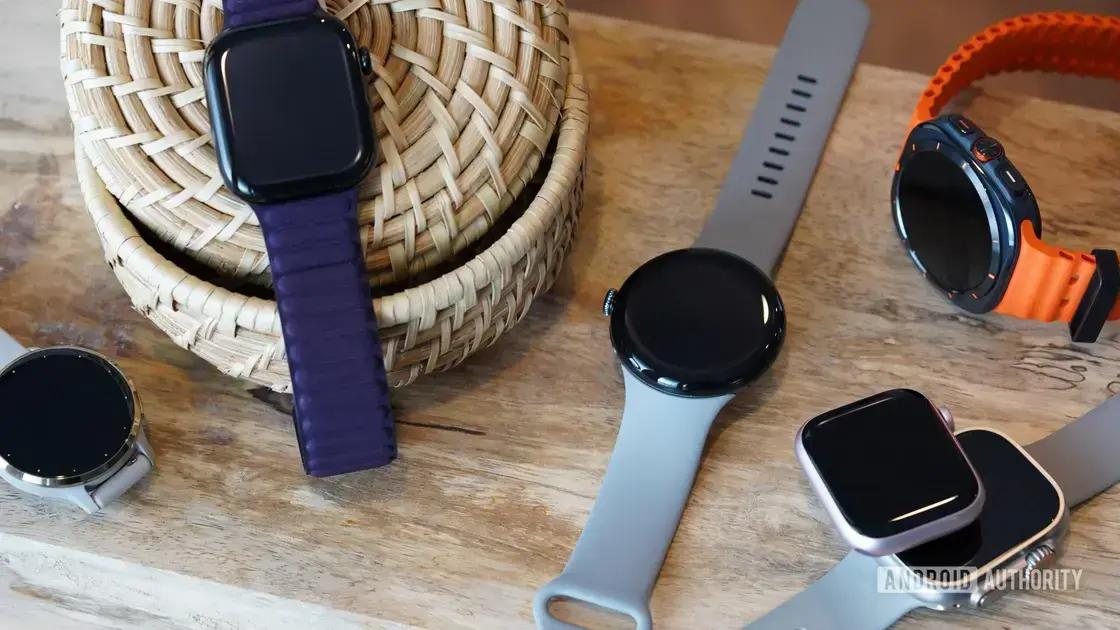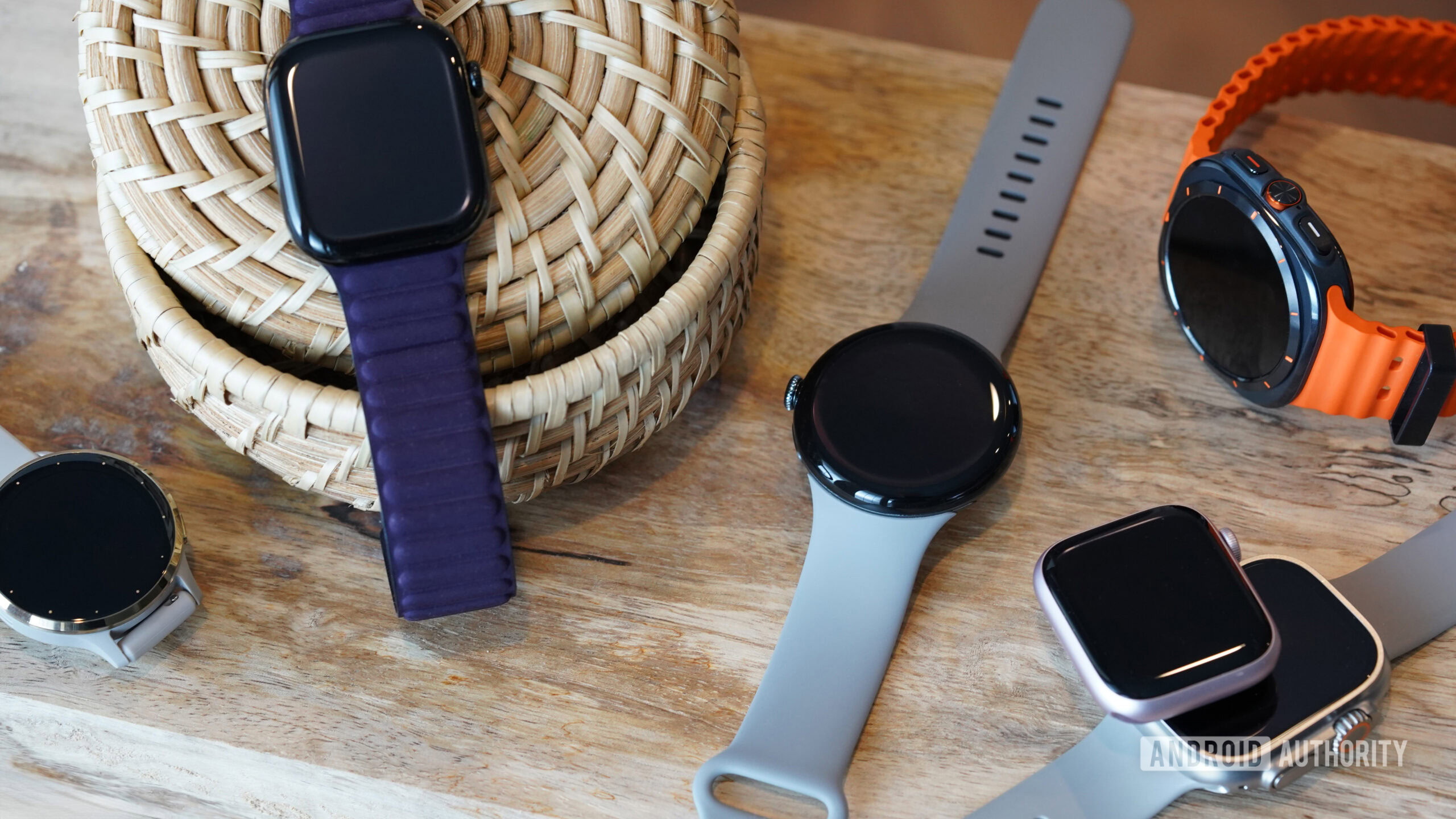Recent findings have revealed that popular smartwatch bands contain significant levels of harmful substances known as forever chemicals in smartwatch bands, specifically PFHxA. These chemicals, part of a larger group called PFAS (per- and polyfluoroalkyl substances), are notorious for their persistence in the environment and the human body.
Wearers of these smartwatch bands may be at risk of exposure through skin contact. This risk is heightened during physical activities, as sweat and open pores can increase absorption rates. Experts are raising concerns about the potential health implications of prolonged exposure to these substances.
To mitigate these risks, specialists recommend avoiding bands made from fluoroelastomer materials, which are commonly used in many popular smartwatch models. Instead, opting for safer alternatives can help reduce exposure to these toxic chemicals.
Understanding Forever Chemicals in Smartwatch Bands
Forever chemicals, like PFHxA, do not easily break down in the environment. This characteristic leads to their accumulation in both ecosystems and human bodies over time. The term “forever chemicals” reflects their long-lasting nature, which poses significant environmental and health concerns.
Smartwatch bands, particularly those made from synthetic materials, can leach these chemicals during regular wear. This leaching can occur through sweat, especially during exercise, when skin contact is more intense. As a result, users may unknowingly expose themselves to these harmful substances.
Research indicates that the levels of PFHxA found in some smartwatch bands are alarmingly high. This has prompted health experts to call for more stringent regulations and testing of consumer products to ensure safety.
Consumers are encouraged to be proactive in their choices. By selecting bands made from natural materials or those specifically labeled as free from PFAS, users can significantly reduce their exposure to these harmful chemicals.
Recommendations for Safer Alternatives
Given the potential risks associated with forever chemicals in smartwatch bands, it is essential to consider safer alternatives. Many brands are now offering bands made from organic materials or those that have been tested for PFAS content.
When shopping for smartwatch bands, look for options that explicitly state they are free from harmful chemicals. Brands that prioritize sustainability often provide detailed information about their materials and manufacturing processes.
Additionally, consider the type of activities you engage in while wearing your smartwatch. If you frequently exercise, opting for breathable materials can help minimize skin irritation and reduce the risk of chemical absorption.
Staying informed about the materials used in wearable technology is crucial. As awareness of the dangers posed by forever chemicals grows, consumers can make better choices for their health and the environment.
In summary, the discovery of forever chemicals in smartwatch bands highlights the need for greater awareness and caution among consumers. By choosing safer alternatives and being mindful of the materials used in wearable technology, individuals can protect themselves from potential health risks.



